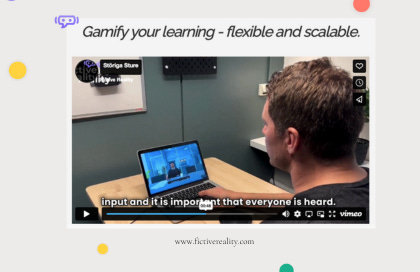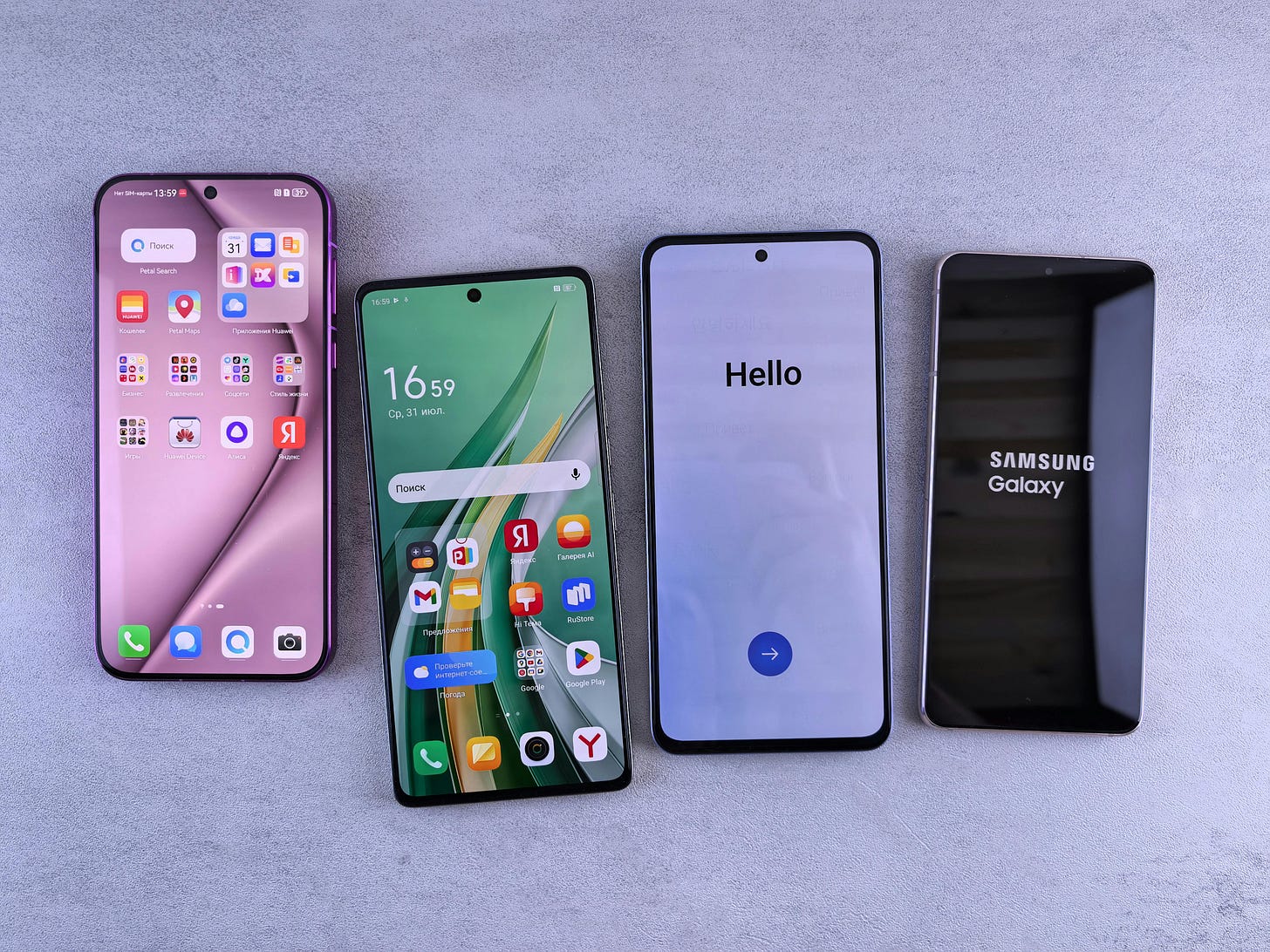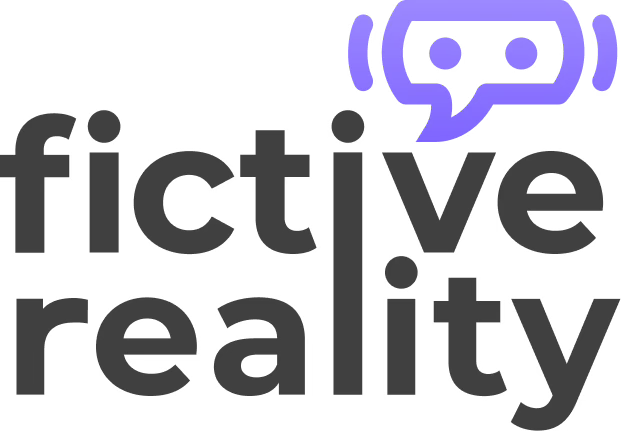Gone are the days of mundane PowerPoint presentations and lengthy lectures. Today's corporate training landscape is evolving rapidly, with interactive and personalised methods taking centre stage.
In this blog, we explore five cutting-edge approaches that are revolutionising workplace learning and are rapidly growing across industries and organisations.
But before that, greetings, fellow reality-benders and knowledge-seekers!
👋 We're Fictive Reality, the AI-powered learning wizards hailing from the enchanted lands of Stockholm, Sweden. 🇸🇪✨ Yupppp that’s right the land of IKEA, Fika and Zlatan Ibrahimović.
Now back to 5 Interactive Corporate Training Methods That Outshine Traditional Approaches.
1. Interactive Simulations
Simulation-based training (SBT) is a structured learning approach that relies heavily on effective performance measurement.
The success of Simulation-based training (SBT) depends on how well performance is measured and analysed.
Key points include:
SBT provides systematic and structured learning experiences.
2. The effectiveness of SBT is directly linked to the quality of performance measurement practices.
3. Performance measurement in SBT must be diagnostic, identifying the reasons behind both effective and ineffective performance.
4. This diagnostic approach is crucial for making informed decisions about:
- Providing corrective feedback
- Implementing appropriate remediation strategies
Imagine a sales team practising their pitch in a virtual boardroom or customer service representatives honing their skills with AI-powered 'clients'. Interactive simulations provide a risk-free environment for employees to apply their knowledge and refine their skills.
Several nursing research articles have evidenced the effectiveness of simulation-based education. A study with a total of 364 nursing students were included for analysis. Overall, it was found that learning via simulation has beneficial effects. In combined subgroup analysis, use of simulation showed significant effects on students’ understanding, self-confidence, Learning satisfaction and psychological care.
At Fictive Reality, whether you are a novice or a pro, you can roleplay with our AI Coaches to learn and master skills such as Feedback, Conflict Resolution, Coaching and Powerful questions. We also offer no-code AI-coach building tools where YOU are the creator and can customise it for employees, students or customers. Accurate performance measurement and diagnosis are fundamental to the success of simulation-based training, as they guide the feedback and improvement process.
2. Gamification
Whoever says learning is not fun has not come across Gamification training. Gamification training involves incorporating game elements into the learning experience. This approach can effectively motivate learners to push their limits and engage more deeply with the material. Gamified training programmes tap into our natural competitiveness and desire for achievement. From point systems to leaderboards, these elements make learning engaging and memorable.
According to research by Journal of Business Research, Gamification in workforce training: Improving employees’ self-efficacy and information security and data protection behaviours. A research study by Journal of Innovation and Knowledge, stated that gamification enhances knowledge retention, knowledge sharing, and job performance.
Traditional training methods do not always provide engaging and appropriate materials. Furthermore, employees often perceive email communications and instructor-led classroom sessions as distractions from the daily workload. As a result, many organisations are adopting gamification strategies to address the limitations of traditional training methods.
At Fictive Reality, we are automating participatory or active learning, which along with other benefits is proven to enhance metacognition (i.e. critical thinking) and make the learning long-term. All this on top of being more fun than sweeping slide presentations. For a demo, you can reach us here.
Here’s why Gamification works:
Gamification transforms learning into an immersive experience, enabling participants to apply their training practically.
Research indicates that gamified learning environments are more effective than conventional approaches, enhancing employee engagement and helping them understand how to implement course content in real-world scenarios.
3. Personalised Learning Paths
Personalised learning significantly boosts productivity by tailoring educational experiences to individual needs. By identifying each learner's strengths and weaknesses, educators can focus on challenging areas while skipping familiar material, ensuring efficient use of time.
In learning and education, students’ learning styles influence engagement, highlighting the need for personalised approaches in school curriculum.
Here’s why Personalised Learning is important:
- In the Workplace: It enhances employee skills and engagement, leading to improved performance and job satisfaction.
- In Schools: Personalised learning addresses diverse learning styles, helping students grasp concepts more effectively and fostering a love for learning.
- Across Industries: In any sector involving training or education, personalised approaches ensure that individuals acquire relevant skills efficiently, driving overall success and innovation.
In essence, personalised learning is crucial for optimising educational outcomes in various settings, making it a valuable strategy across all industries.
One size doesn't fit all when it comes to training. AI-powered platforms can analyse an employee's skills, learning style, and job requirements to create tailored learning experiences.
The rapid advancement of digital technologies is reshaping the global workforce, necessitating widespread reskilling and upskilling efforts.
A substantial portion of jobs worldwide are being affected by this digital transformation. To address these challenges, technology-driven learning platforms have emerged as crucial tools. These platforms leverage data analysis to create tailored learning experiences for employees. By offering personalised learning journeys, they aim to enhance employee empowerment, job satisfaction, and overall learning outcomes. The potential benefits of such customised approaches are significant. However, the effective implementation of these technologies presents its own set of challenges. Organisations are grappling with how to optimally utilise these new opportunities. This raises important questions about the most effective ways to design and analyse personalised learning paths within the context of organisational learning.
At Fictive Reality, our mission is to build the most intuitive and most valued simulation with cutting-edge AI, combined with the science of learning and the exuberance from gaming, creating the most impactful and fun learning there is.
The key lies in striking a balance between leveraging the power of technology and ensuring that the human element of learning is not lost. Our constant endeavour is to develop strategies that can harness the full potential of digital learnings while addressing the unique needs of industries and organisations.
4. Mobile Learning
Mobile learning, or m-learning, is a revolutionary approach to education and training that leverages the ubiquity of smartphones and tablets to deliver learning content anytime, anywhere. This innovative method of knowledge dissemination has gained significant traction across various industries and organisations, transforming the way we approach skill development and continuous learning.
More than 80% of the world population are now using smartphones. Millennials form 52% of the remote workers and research shows them ranking highest in smartphone ownership. Furthermore, mobile learning aligns well with the preferences of younger generations entering the workforce. Millennials and Gen Z, who have grown up with smartphones, expect learning experiences that mirror their daily digital interactions. By embracing mobile learning, organisations can better attract, engage, and retain young talent.
With smartphones always at hand, mobile learning allows employees to access training materials anytime, anywhere. Short, bite-sized lessons fit perfectly into busy schedules. They are also extremely time and cost effective and have higher completion rates.
The Brandon Hall Group found that companies using mobile learning saw a 43% improvement in productivity compared to those who didn't.
5. Immediate Feedback Systems
Real-time feedback is crucial for effective learning. AI-powered systems can provide instant, personalised feedback, allowing employees to correct mistakes and reinforce positive behaviours immediately.
A study reported by The National Center for Fair and Open Testing (Black & William, 2007) found that low achievers do particularly well when provided high quality feedback about their work. When learners face obstacles, like selecting an incorrect answer, receiving immediate feedback on their mistakes motivates them to set higher goals. This process helps them close the gap between their current performance and their objectives, ultimately enhancing their skills and fulfilling their need for autonomy.
Immediate feedback in learning at workplace has many benefits such as:
Increased Engagement and Motivation,
Helps transform short-term learning into long-term knowledge retention,
Clears up confusion immediately, creating a healthier learning environment,
Lowers stress and uncertainty by eliminating long waits for feedback.
The Fictive Reality application is a learning dialogue simulator powered by AI-technology.
A customisable software with talking Avatars that can train any role within any organisation. Whether it involves preparing and training your staff on how to deal with clients or refining skill sets, our talking avatars are a huge hit and used by Enterprises, Coaches, Educators, and Schools. What helps is that we offer immediate feedback and assessment resulting in improved performances and better learning outcomes. For a demo, you can reach us here.
The AI Advantage
Artificial Intelligence is revolutionising corporate training. AI can analyse vast amounts of data to identify skill gaps, predict learning needs, and create personalised training programmes. It's not just about efficiency; it's about effectiveness.
As Josh Bersin, a renowned HR industry analyst, puts it: "AI is not replacing human trainers; it's augmenting their capabilities, allowing them to focus on high-value activities like coaching and mentoring".
By tailoring training to organisational needs and individual learning styles, AI-powered programmes are proving far more effective than traditional, one-size-fits-all approaches. A study by Deloitte found that companies using AI in their training programmes saw a 37% increase in employee productivity.
Let’s Summarise
In conclusion, interactive and personalised training methods, powered by AI, are not just the future of corporate learning – they're the present. By embracing these innovative approaches, organisations can ensure their workforce remains skilled, engaged, and ready for the challenges of tomorrow.
Dare to Fail, Fail to Learn!







